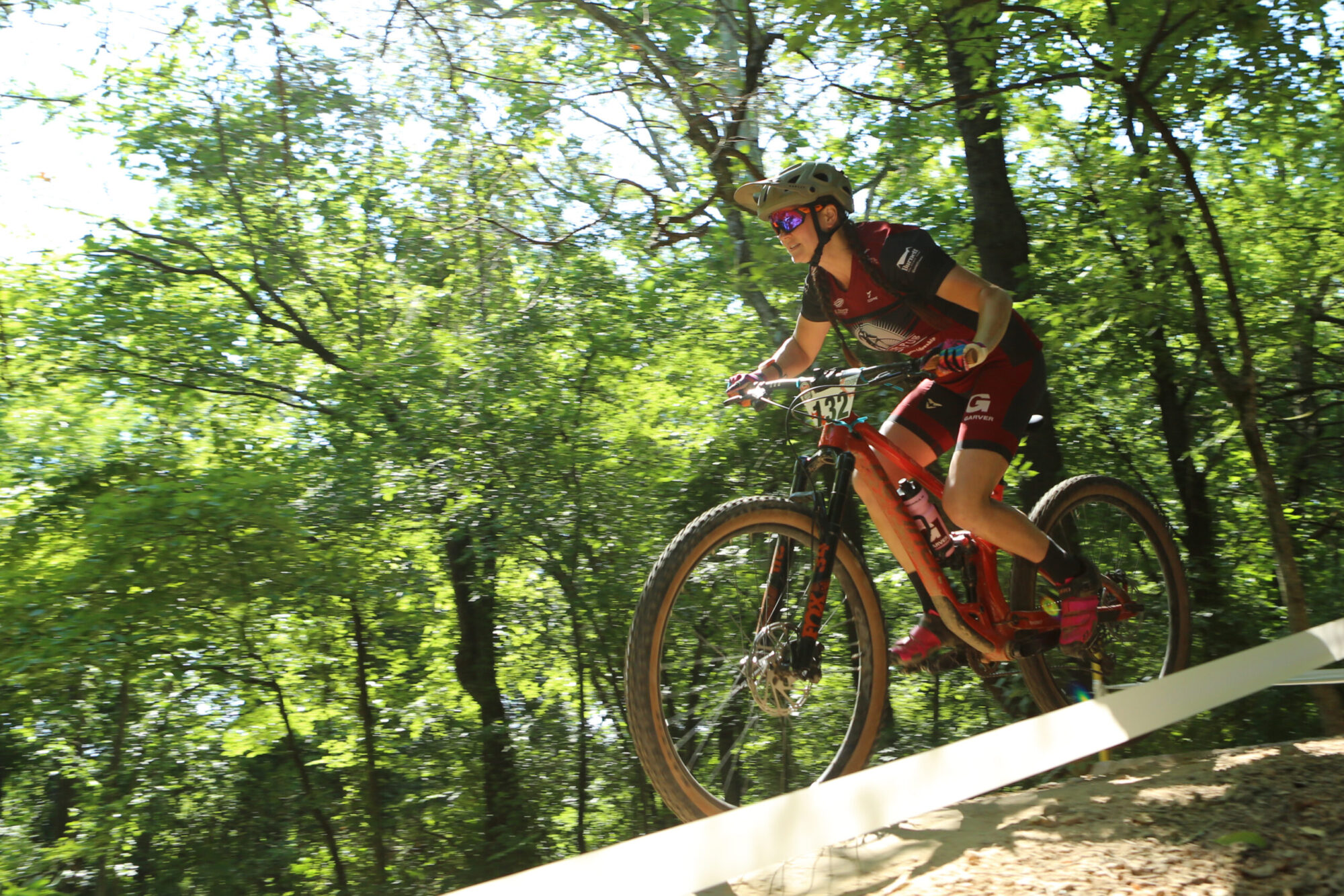Two reports out this month illuminated the major role that bicycling and trails play in Northwest Arkansas’ economy and daily life.
Cycling and spending on related businesses, tourism and events pumped $159 million into the region’s economy in 2022, according to a study from the University of Arkansas’ Center for Business and Economic Research. And those benefits cascaded into more than $10 million in tax revenue, 1,300 jobs and $59 million in avoided health care costs for heart disease, diabetes and other illness thanks to exercise.
“This report demonstrates that the strategic investments being made in trails and cycling infrastructure continue to serve as a major economic driver for the region,” said Nelson Peacock, president and CEO of the Northwest Arkansas Council. “This includes not only the economic benefits of increased tourism, but steady improvements to trails and other cycling infrastructure augment the natural beauty of our region, improve the health and quality of life for our residents, support new and existing businesses and events, and attract the brightest talent for our companies.”
“Bicycling as a sport and recreational activity is not new to Northwest Arkansas, but the increased investments in the past decade which include new paved and soft-surface trail construction, the creation of programs at the Northwest Arkansas Community College to teach trail construction and bicycle maintenance, and the Greenhouse Outdoor Recreation Program at the University of Arkansas that helps businesses in the outdoor economy, have all resulted in building and growing a thriving business ecosystem focused on the various activities that revolve around biking,” the authors wrote.
One example came early in the year, when Fayetteville hosted the 2022 Walmart UCI Cyclo-Cross World Championships, only the second time the U.S. had hosted the event.
CBER researchers estimated that the championships brought roughly 7,500 attendees and participants from outside NWA, all of whom spent more than $4 million directly on accommodations and expenses. When accounting for local spending by event organizers and the indirect economic ripples spurred by the event, the impact rose to around $10 million.
Despite these impressive numbers, the region’s active transportation network is not equally enjoyed by all NWA communities, according to the NWA Trails & Active Transportation Equity Report recently published by Trailblazers, a local nonprofit. It found that despite residents’ growing adoption of walking and biking, people of color and low-income residents face barriers to their use of trails and sidewalks and are underrepresented at regional events.
The study compared census data to trail locations and held focus groups with Asian American, Black, Pacific Islander and Hispanic residents before finishing with a wider online survey. It found that white people more often use trails for leisure, while Hispanic people are more often getting to work or school. Lower income was tied to less frequent use. And when participants envisioned the typical cyclist, they saw a white man in expensive clothes on an expensive bike.
“I think of someone that is as far away from my demographic as possible,” one Black participant said.
To change this, Trailblazers and its partners, Bike.POC and research firm Equitable Cities, recommended the creation of outreach and education campaigns, programs and events specifically tailored to marginalized communities and their cultures and needs. The groups also called for several infrastructure improvements, greater involvement of these communities in planning decisions and other actions. Trailblazers also launched a Trails, Cycling, and Active Transportation Advisory Council.
“Trailblazers work toward making a trail and active transportation network that makes it equitable for all to move through Northwest Arkansas,” the organization said.
Both studies were supported by the Walton Family Foundation, which along with cities and other partners has invested millions of dollars into making NWA a premier cycling destination.
























